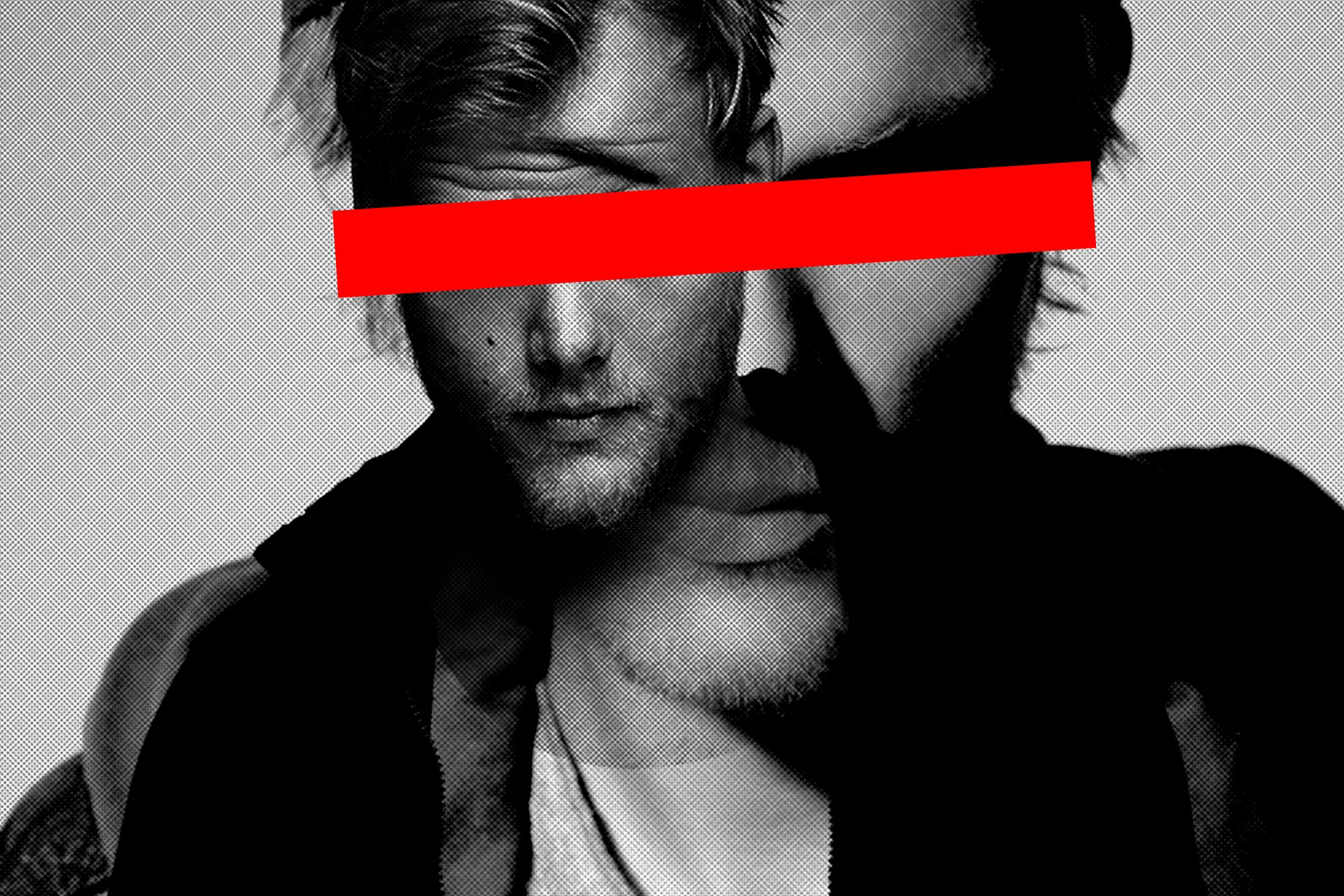 Features
Features
The music industry should be held accountable for Avicii’s death, here's why
A tragic demise that could have been easily prevented
On April 20, EDM superstar Avicii — real name Tim Bergling — died in Oman at the age of 28. Feverish speculation ensued. Had Bergling died of health problems related to his history of pancreatitis, following his well-documented struggle with alcoholism? The truth was even sadder. On April 24, Bergling’s family seemed to confirm what many had feared: Bergling had committed suicide.
Bergling’s genius for melody and song-writing fizzed and popped like the sparkler-studded champagne magnums that circulated the VIP areas of his mega-shows. A prodigious talent, Bergling released EDM blockbuster ‘Levels’ when he was just 24. If you’ve spent the last five years trying to avoid the EDM sound that, tinnitus-like, rings through pop music today, you have Bergling to thank (or not.)
Me personally, I do not enjoy EDM, although I admire its structural composition and Transformers-esque pyrotechnics in a detached way, like a set of gleaming veneers that are too big for someone’s mouth, or a Hummer with obscenely huge hub-caps. Despite this, I respected Bergling.
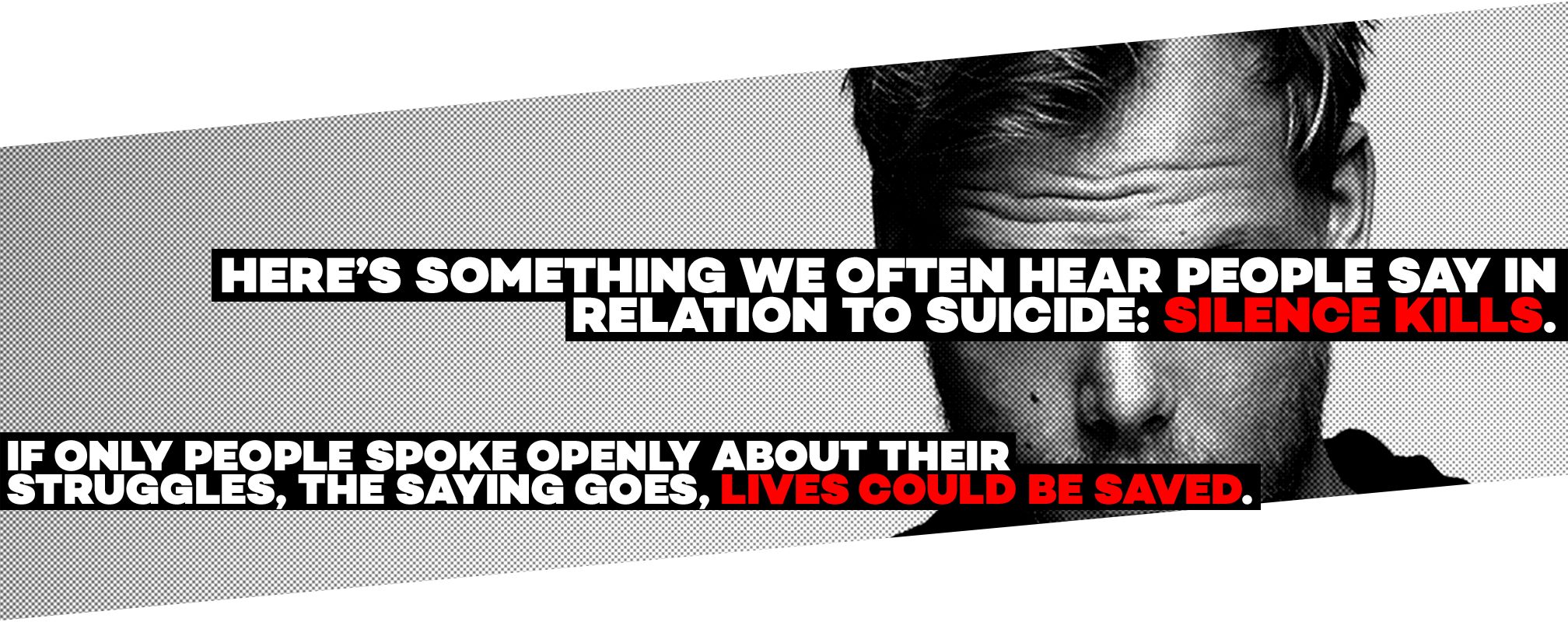
So why have I been unable to stop thinking about Bergling’s death? Why did I watch the 2017 documentary Avicii: True Stories with actual tears leaking out of my EDM-hating eyes? Because I’m disgusted by the forces that caused him to die. The music industry killed Bergling, and we — the fans, the festival goers, the flower-headdress-wearing ravers — are all complicit.
Have you ever had a dream that you’re about to take a very hard exam, or give an important speech on stage and then suddenly and out of nowhere you lose your notes? You’re pure panic, your stomach swoops like a bird in flight. Then, blessedly, you wake up and realise it’s just a dream.
There’s a moment in Avicii: True Stories where Bergling — about to perform onstage at Ibiza superclub Ushuaia — literally lives this nightmare. His laptop stops working, and a backup can’t be found. Thousands of boggle-eyed ravers chant his name. An autograph hunter swats him, like a fly.
If Marlowe had written Faustus today, this would have been the hell Mephistopheles described. You know what the most fucked-up thing of all is? That’s not even the most stressful thing that happens to Bergling during the 90-minute run-time of the documentary.
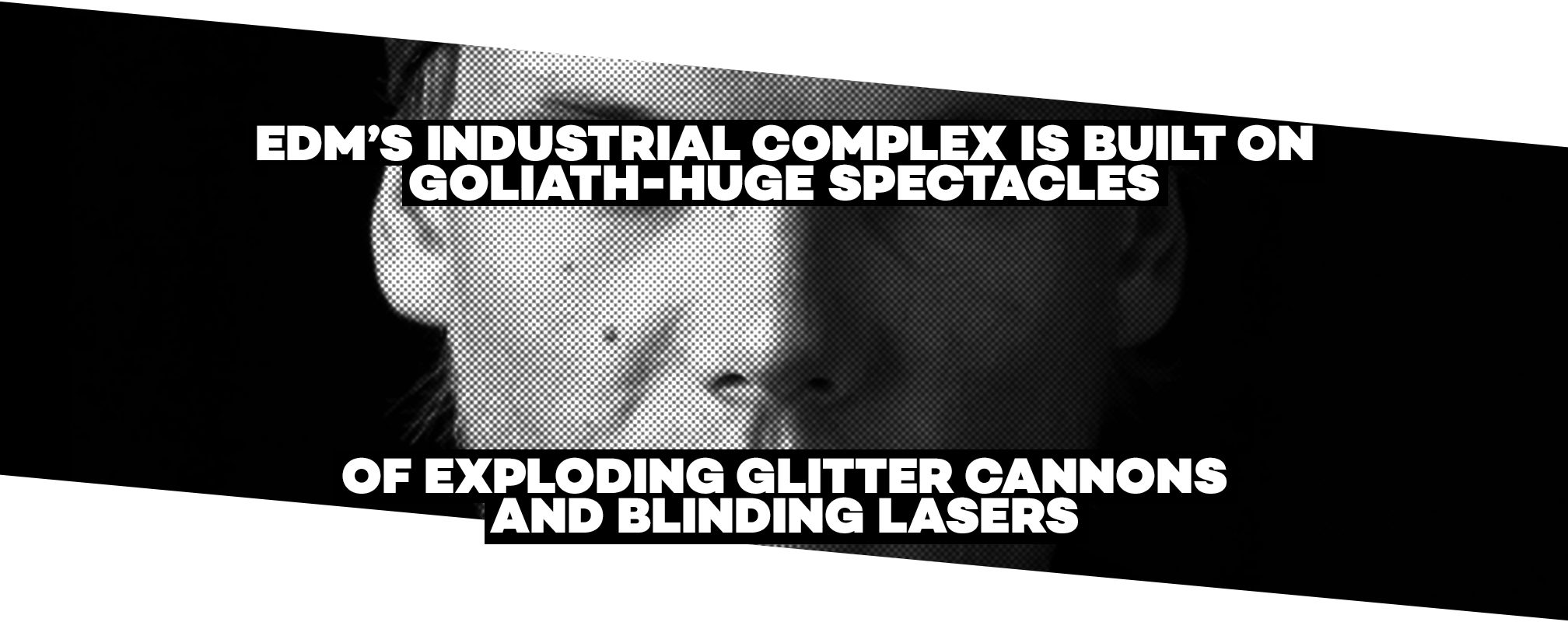
Watching Avicii: True Stories is akin to watching an extreme introvert endure a complicated and personalised version of their own nightmare, in slow-motion and with pin-perfect detail. It’s the perfect indictment of how the music industry vampirises its talent with no regard for their mental health or wellbeing.
Here’s something we often hear people say in relation to suicide: silence kills. If only people spoke openly about their struggles, the saying goes, lives could be saved. To which I say: not if the livelihoods of a motley crew of hangers-on and music industry executives rely upon you.
Bergling spoke repeatedly about his struggles with mental health, specifically his anxiety and alcoholism, to those around him, the press, and his fans. He was candid about how his alcoholism stemmed from his anxiety about performing. The only way he was able to go on stage in front of thousands of people, night after night, was by drinking—which, coupled with a punishing touring schedule, rapidly devolved into a serious alcohol problem. After almost a year of non-stop touring, Bergling’s body literally couldn’t take anymore, and he was admitted to hospital with acute pancreatitis. This events is documented in Avicii: True Stories.
But as Avicii is in the middle of the Australian leg of a world tour, he discharges himself from hospital, against medical advice. The cameras follow a whey-coloured Bergling as he drifts in and out of consciousness in the back of an SUV. Besides him, a ghoulish aide schedules a radio interview. Watching it back now, I feel as disturbed as I do watching Jim’ll Fix It reruns, Saville’s hand creeping up some child’s skirt: how could anyone not have understood this was wrong? Why did no one intervene to help?
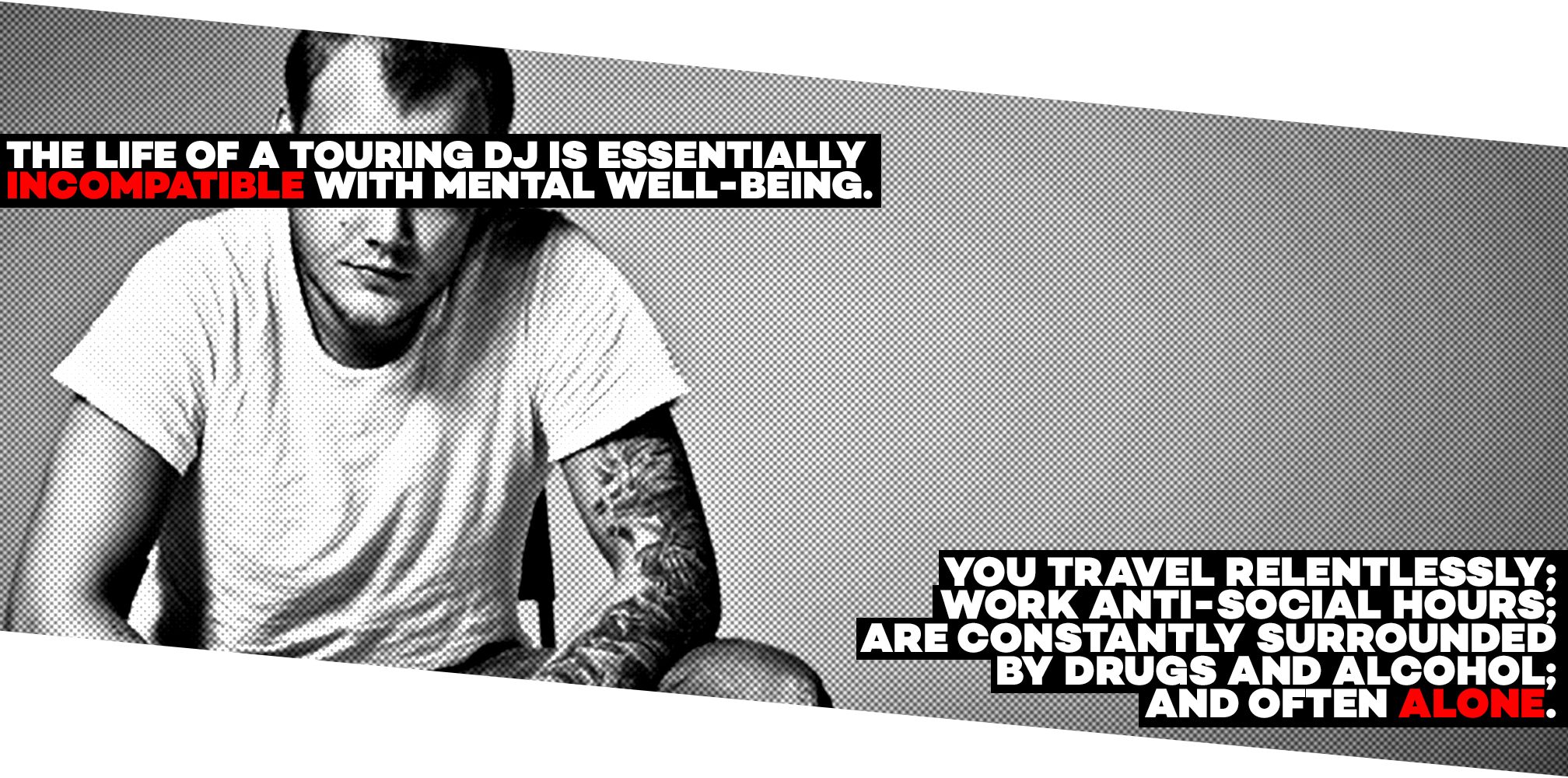
After his health scares (Bergling is later hospitalised again for a burst gallbladder, and has his appendix removed), he’s adamant that the touring needs to stop. Problem is, no-one’s listening. In one scene, a gaunt-faced Bergling slumps in his chair while his entourage discuss ploughing ahead with his planned shows. “I feel like at this point, it will be easier to go ahead with the shows then cancel them,” a lackey volunteers. “Not for me,” Bergling interjects. In another incident Bergling — whose default setting is courteous, even when nervous fans accidentally grab his butt — finally loses his shit, after finding out his booking agent hasn’t cancelled a festival appearance despite being asked to do so more than a month ago.
At every stage, Bergling’s entourage tries to dissuade him from cancelling shows. It’s no surprise. EDM’s industrial complex is built on Goliath-huge spectacles of exploding glitter cannons and blinding lasers, for the benefits of the tens of thousands of fans who crowd into super-clubs in Vegas or Ibiza and drop hundreds of dollars on a ticket to watch DJs wave their arms behind laptops and pump up the crowd. Without an arm-waving DJ occasionally tinkering with the levels on a pre-planned set, promoters, clubs, and investors don’t get their cut. Bergling was a cash cow, and cash cows get milked.
Bergling, a thoughtful presence, gets ground out by these forces like a fork in a garbage disposal unit. “I have said, like, I'm going to die,” he explains in the documentary. “I have said it so many times. And so I don't want to hear that I should even entertain the thought of doing another gig. And I know Arash [Avicii’s former manager] knows this, which is why I feel extra hurt—because he has said that [I should play more gigs] when it suits him.” In another scene, Bergling is hurt by the lack of support he’s received. “Everyone knows that I’ve been anxious and that I’ve been trying. I didn’t expect people to push me to do more shows,” he says. “I got a lot of resistance when I stopped doing the shows.”
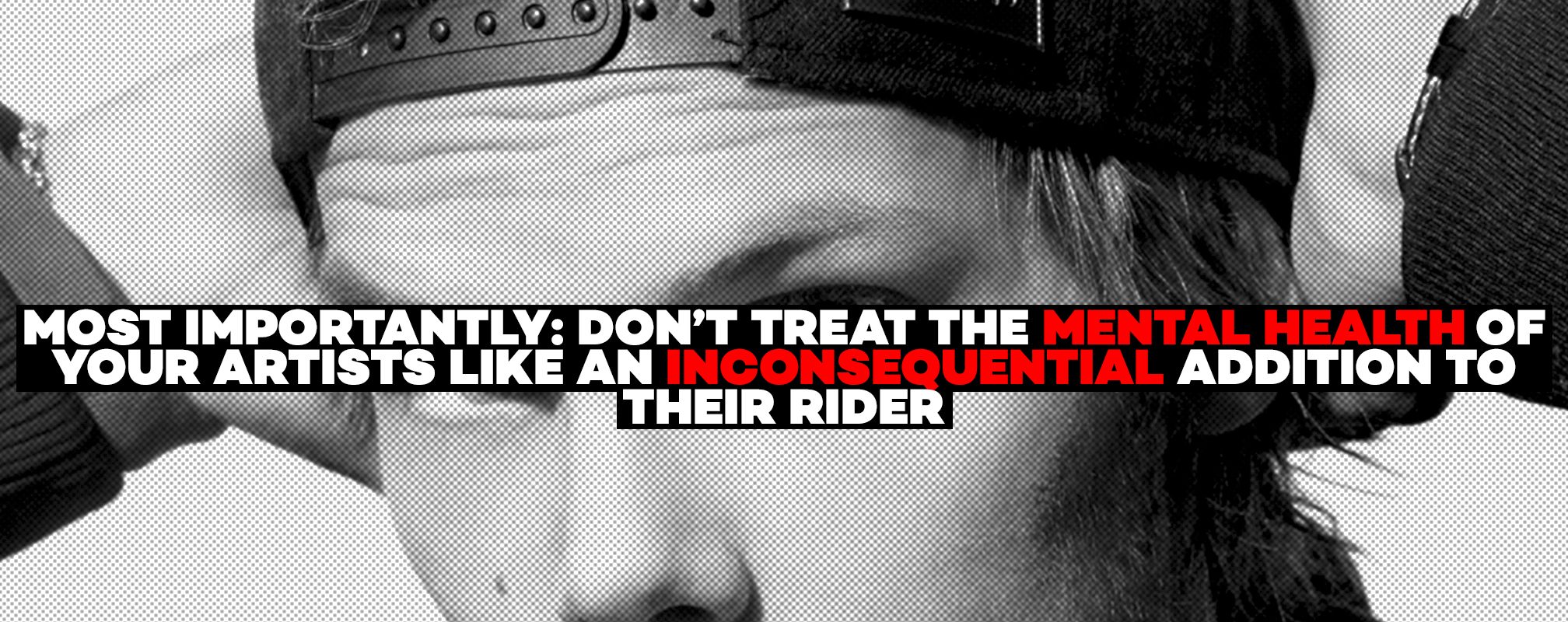
The life of a touring DJ is essentially incompatible with mental well-being. You travel relentlessly; work anti-social hours; are constantly surrounded by drugs and alcohol; and often alone. It’s a lonely, brutal existence, made bearable only if you love performing, the sesh, or are particularly money-oriented (the rewards can be lucrative). More and more DJs, Bergling aside, have spoken out about their mental health struggles in recent years. Ben Pearce cancelled a run of tour dates in 2016, and a year previously Benga explained how his lifestyle had triggered problems including schizophrenia and an anxiety disorder. Scuba has talked about his issues with alcohol, while Rustie has cancelled scheduled tour appearances due to mental health and addiction problems. And one recent study found that musicians are up to three times more susceptible to mental illness.
Still though, the industry doesn’t seem to have reached a tipping point. Some positive progress being made: IMS will be running its first-ever wellness retreat this summer, teaching self-care and holistic well-being in the creative industries. And more and more DJs, whether in the underground or the mainstream, are being candid about their struggles.
But if Bergling’s death is to be anything more than a senseless tragedy, the music industry needs to step up and finally take responsibility for their own. Stop treating DJs like circus animals, to be flogged until finally they can’t take it anymore. Implement mandatory breaks from touring. Most importantly: don’t treat the mental health of your artists like an inconsequential addition to their rider, easily forgotten or casually ignored. Mental health kills. It’s time to start taking it seriously.
Sirin Kale is Associate Editor at Broadly and a regular contributor to Mixmag. Follow her on Twitter


